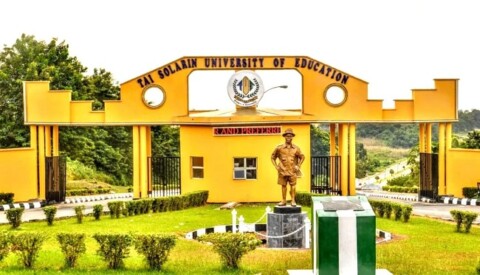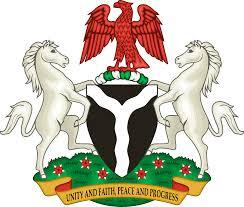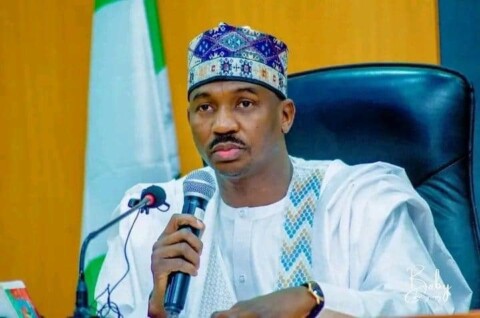The Oando Foundation has unveiled an ambitious five-year plan aimed at equipping one million Nigerian children with basic digital literacy skills by 2027.
The announcement was made during a media briefing where the foundation introduced its new strategic direction focused on addressing Nigeria’s education crisis through scalable, evidence-based solutions. These include foundational literacy and numeracy, STEM education, green skills development, and policy advocacy for inclusive learning.
Head of the Oando Foundation, Tonia Uduimoh, shared the organization’s renewed commitment to transforming education in Nigeria through its LEARNOVATE strategy—a comprehensive approach to improve learning outcomes and promote inclusive access to quality education.
Referencing a 2024 UNESCO report, Uduimoh noted that 773 million adults globally still lack basic literacy skills, with women accounting for two-thirds of that number. Meanwhile, 250 million children are still unable to read or write at a basic level. In Sub-Saharan Africa, education exclusion remains high, with over 20% of children aged 6 to 11 out of school, and a third of those aged 12 to 14 not receiving formal education.
“This learning crisis limits the potential of individuals and impedes national development,” Uduimoh said. “Education is the foundation of a thriving society, but millions of Nigerian children are still being left behind. Now more than ever, we need to rethink how we deliver learning in this country.”
She explained that the LEARNOVATE strategy is designed to tackle these gaps by providing structured, innovative, and impactful education models.
“By 2027, our goal is to empower one million learners with foundational skills that will enable them to thrive in an evolving world. This is more than an intervention—it’s a call for transformation. We want every child, no matter their background, to have the opportunity to succeed,” she added.
As part of this initiative, the Foundation is rolling out several impactful programs, including:
- Clean Our World Initiative
- Climate Action Program
- Green Youth Upskilling Program
- School STEAM Project
- Project Zero, which is focused on reintegrating out-of-school children.
Uduimoh also announced that the pilot phase of the LEARNOVATE-FLIP (Foundational Learning Improvement Program) has already commenced in 80 public primary schools across Ebonyi, Plateau, Sokoto, and Adamawa states.
“These programs underscore our long-standing commitment to building a resilient education system that empowers learners with skills to address real-life challenges,” she said. “With innovative teaching methods and evidence-based practices, we are nurturing future-ready children who are digitally literate, environmentally conscious, and creative.”
With over a decade of impactful work across 244 schools and 170 educational projects, the Oando Foundation has maintained its dedication to quality education access. The Foundation’s current strategy also aligns with several Sustainable Development Goals, including:
- SDG 4: Quality Education
- SDG 7: Affordable and Clean Energy
- SDG 9: Industry, Innovation, and Infrastructure
- SDG 13: Climate Action
- SDG 17: Partnerships for the Goals
Uduimoh concluded by reaffirming the Foundation’s vision for an education system that not only teaches but transforms, ensuring every Nigerian child is equipped to succeed in a dynamic and interconnected world.





